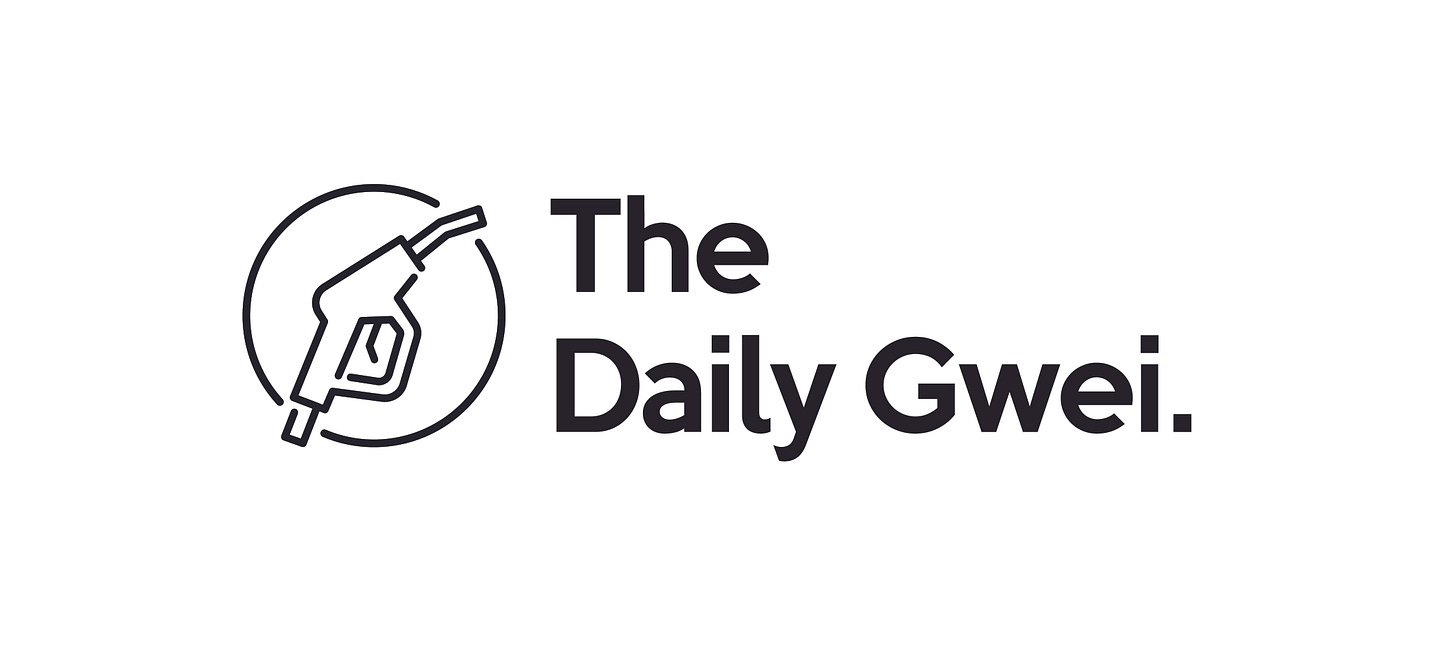Hey readers - today’s edition of the newsletter is a guest piece put together by Trent Van Epps going over an initiative he’s working on to fund public goods called ‘The Protocol Guild’. A big thank you to Trent for putting this piece together and I’m honored to be able to share it with you all - enjoy!
Introducing the Protocol Guild
An autonomous value routing mechanism to incentivise protocol contributions and maintain important Public Goods like the core Ethereum protocol.
Key Links
Public Goods and how we fund them
You don’t have to be an Ethereum community member for long before coming across the term “Public Goods.” These are economic goods that are non-excludable and non-rivalrous. Meaning: a user cannot be prevented from accessing them for free, and use by one person doesn’t prevent others from accessing them. Typically, people will use it to refer to things like Ethereum client implementations (eg. Nethermind, Prysm), or the protocol research that people contribute to make Ethereum more scalable. These are things that the entire community benefits from seeing funded, whereas a specific DeFi application releasing a new feature only benefits their specific users. Today, base layer Ethereum isn’t a pure public good (hello gas fees!), but we hope that the combo of its continued evolution + L2s will move us much closer to something that is ubiquitously accessible for anyone around the world.
Over the years, the Ethereum community has experimented with a number of mechanisms to direct funding to public goods contributors. The expressivity of our base layer and the norms embracing experimentation means we’re fortunate to have a rich diversity of approaches:
The Beacon Book and 1559 NFTs from Stateful Works
…and many more! This existing suite of protocol funding mechanisms have so far adequately supported the ecosystem, but come with their own tradeoffs:
typically not forward looking, eg. they are usually retroactive
may not be actively updated
tend to favor projects/teams instead of individuals
sometimes formed around mediating institutions
do not typically give exposure to the upside of application layer
Rationale
Apps / L2s want to sponsor, but curation of the contributor set is difficult. Protocol Contributors are interested token upside, but self-organizing is hard
Financial incentives are skewed towards projects built on top of the protoco
There’s a steep learning curve for contributors to deliver value. It can take a while to be onboarded to a team, understand a client codebase, and start making meaningful contributions.
Contributor value grows over time, but there is less incentive for them to stay once they are experts
What is the Protocol Guild
The Protocol Guild aims to address the challenges mentioned above with a simple tool: a weighted split contract that includes vesting. Members will solicit sponsorships in the form of tokens from applications & protocols that build on Ethereum, which gives core contributors the possibility of upside exposure:
current contributors are rewarded for past work through time-based weighting
current contributors contribute for longer periods, resulting in less contributor churn
new contributors are incentivized to join core protocol work, protocol evolution and maintenance is more robust
To date, the membership includes over 110 Ethereum protocol contributors, including researchers, client maintainers, upgrade coordinators, and more, all self-curated (member list here). This is a broad-based ecosystem effort: members come from 22 different teams and 9 organizations. Only 30% of members are directly employed by the EF.
The Guild contracts will act as an autonomous value routing mechanism, operated independently from any existing institution, purpose-built for incentivizing long-term core protocol work. At no point does PG take custody of funds on behalf of members, it is all handled trustlessly.
Pilot Program
Since announcing the project in Dec 2022, we’ve onboarded members, refined the mechanism itself, and described how we think it could be operated. At this point, we’re ready to test the mechanism’s efficacy with a 1 year / $10-20mm Pilot.
We want to make sure the mechanism operates smoothly before graduating to a full-scale fundraising round. The funds for the Pilot would be vested directly to Guild members over one year: see the Pilot vesting contract here.
Conclusion
Public Goods are something incredibly important in the Ethereum community. We’re excited to bring this new experiment to life and directly fund the people around the world that make this ecosystem possible. Beyond upside exposure to the tokenized application layer, this might be a tool for general funding of core contributors.
Thanks to Sassal for the opportunity to publish this piece in The Daily Gwei newsletter! If anyone wants to help out with broader awareness, feedback on the project, or fundraising for the Pilot - please reach out.
Have a great weekend everyone,
Anthony Sassano
Enjoyed today’s piece? I send out a fresh one every week day - be sure to subscribe to receive it in your inbox!
Join the Daily Gwei Ecosystem
All information presented above is for educational purposes only and should not be taken as investment advice.





Hi Anthony, crypto noob here.
Re: DeFi and Public Goods, (maybe it already exists) suppose there's a message board on which someone offers a "free" tool (Public Good) but charges a subscription for early adopters?
Early adopters may use and/or implement the tool, but it only becomes free to all after the tool's authors have been compensated. The authors decide how much the tool is worth. When that amount has been crowd-funded, the tool is "unlocked" for use by all for free going forward.
The authors invest their time. Investors may sample, use, and suggest improvements to the tools before funding. When the tool is ready for prime time, the whole community is invited to release the tool from behind its paywall.
I want talented authors to get paid for their work, but the need for pre-funding is an unnecessary inefficiency in the marketplace.
What do you think? Could such a system work?
Thanks, Joe